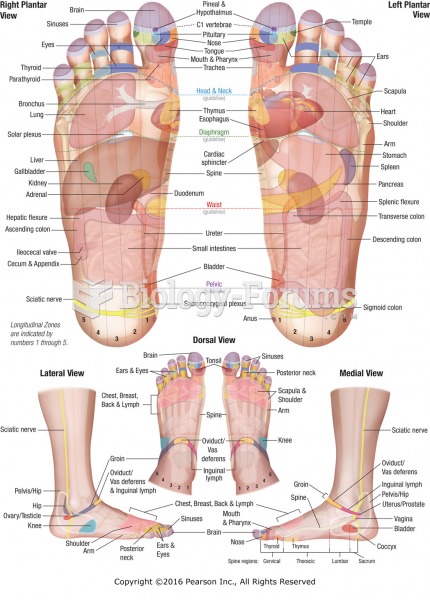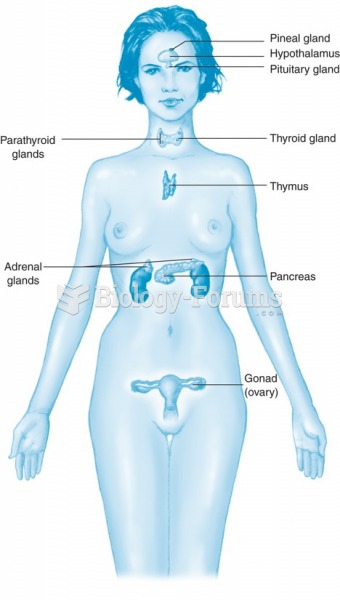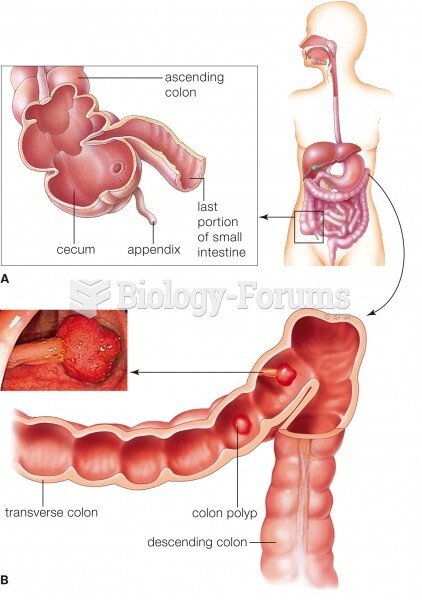This topic contains a solution. Click here to go to the answer
|
|
|
Did you know?
Cucumber slices relieve headaches by tightening blood vessels, reducing blood flow to the area, and relieving pressure.
Did you know?
The human body produces and destroys 15 million blood cells every second.
Did you know?
More than 34,000 trademarked medication names and more than 10,000 generic medication names are in use in the United States.
Did you know?
About 3% of all pregnant women will give birth to twins, which is an increase in rate of nearly 60% since the early 1980s.
Did you know?
Human neurons are so small that they require a microscope in order to be seen. However, some neurons can be up to 3 feet long, such as those that extend from the spinal cord to the toes.
 The meninges. This figure illustrates the location and structure of each layer of the meninges and t
The meninges. This figure illustrates the location and structure of each layer of the meninges and t
 An accessory belt tensioner. Most tensioners have a mark that indicates normal operating location. ...
An accessory belt tensioner. Most tensioners have a mark that indicates normal operating location. ...
 Reflexology chart showing location of reflexes with corresponding anatomical structures and organs ...
Reflexology chart showing location of reflexes with corresponding anatomical structures and organs ...




